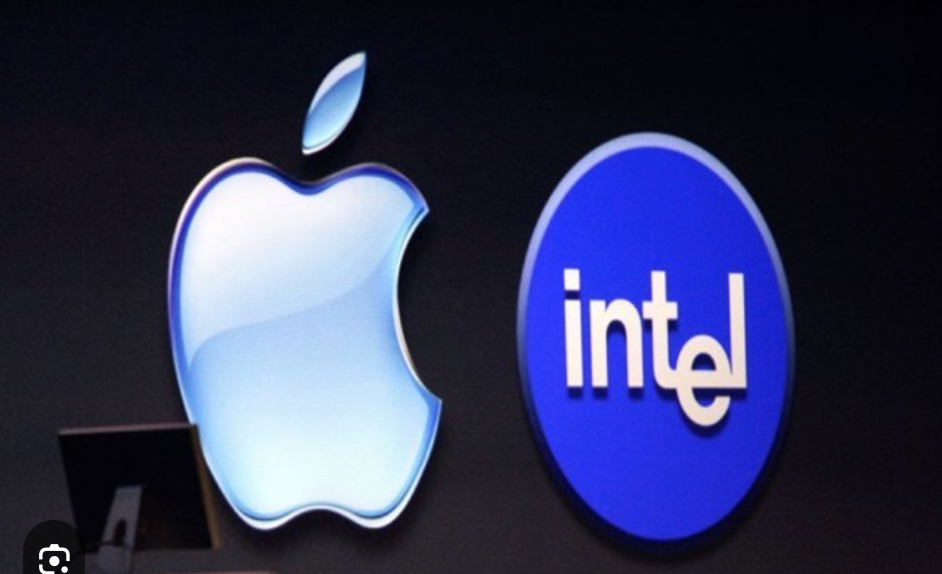• Apple is reportedly evaluating early versions of Intel’s 14A semiconductor manufacturing process for potential use in future M-series chips.
• Nvidia has also expressed interest in trial production using Intel’s 14A process, particularly for low-end gaming GPUs.
• Intel’s 14A process is based on advanced technologies such as second-generation RibbonFET and PowerDirect, offering improvements in performance and power efficiency over its predecessor 18A.
• This interest from Apple and Nvidia is critical as Intel’s foundry business depends on securing external customers for 14A production to justify continued investment.
• Intel CEO Lip-Bu Tan has indicated that the 14A process might be canceled if effective external client orders are not secured, highlighting the urgency.
• Apple’s evaluation may be part of a strategic move to diversify its chip supply chain beyond dominant foundry TSMC, potentially adopting a dual-sourcing model.
• A successful partnership with Apple and Nvidia could enable Intel to become a major competitor against TSMC and Samsung in advanced chip manufacturing.
• Intel plans for 14A to be commercially available around 2028, directly competing with TSMC’s own 1.4nm process developments.
Why It Matters
• Intel’s 14A process represents a potentially transformative advancement in semiconductor technology, combining high-performance features aimed at AI and edge computing markets.
• The collaboration interest from tech giants Apple and Nvidia could revitalize Intel’s advanced foundry business, which has struggled after past manufacturing challenges and restructuring.
• Apple evaluating Intel signals possible disruption in the semiconductor supply chain, which has been heavily reliant on TSMC, introducing more competition and supply resilience.
• For Nvidia, diversifying foundry partners mitigates risks amid soaring demand for AI-related GPUs, helping secure supply stability.
• Successful adoption of Intel 14A would drive innovation, competitive pricing, and geographic diversification in chip production, vital amid ongoing geopolitical tensions.
• The move could mark a significant shift in global semiconductor industry dynamics, potentially ending TSMC’s near-monopoly in premium chip manufacturing.
• Intel’s ability to maintain this foundry momentum depends critically on demand from large customers like Apple and Nvidia, making their interest a key factor for the industry’s future.
Credit digi times
Link to article
https://www.digitimes.com/news/a20250728PD229/intel-apple-nvidia-production-ceo.html

